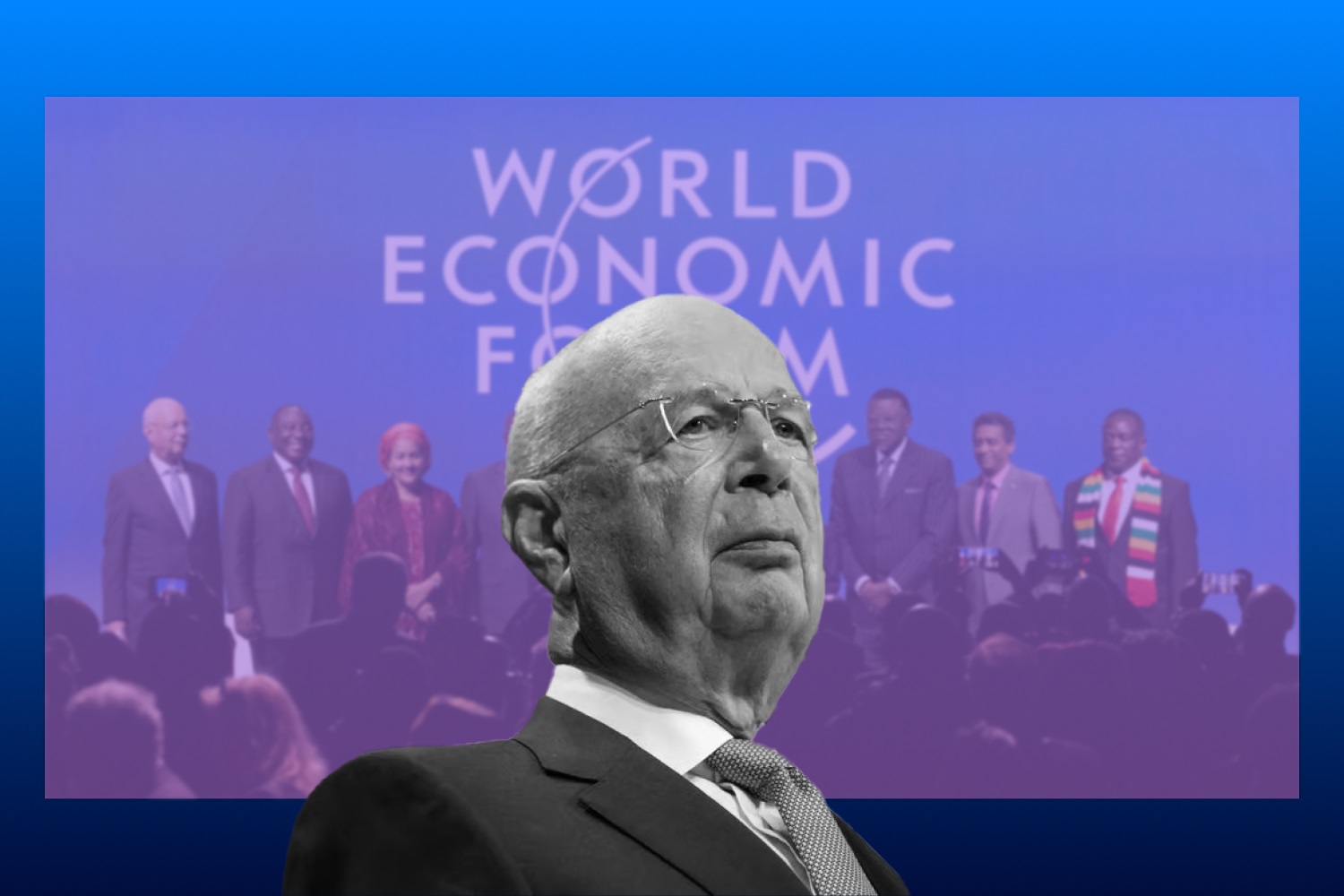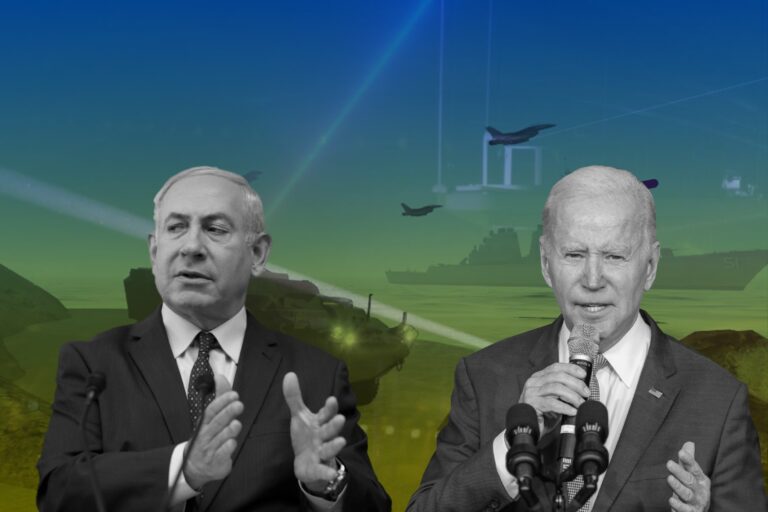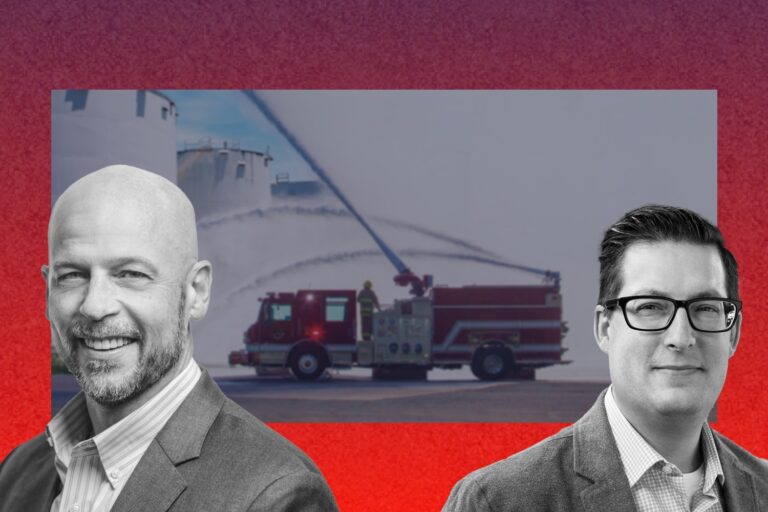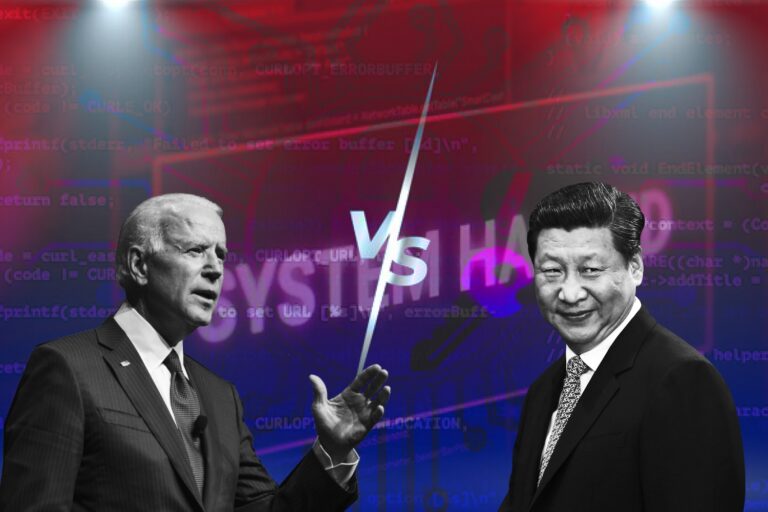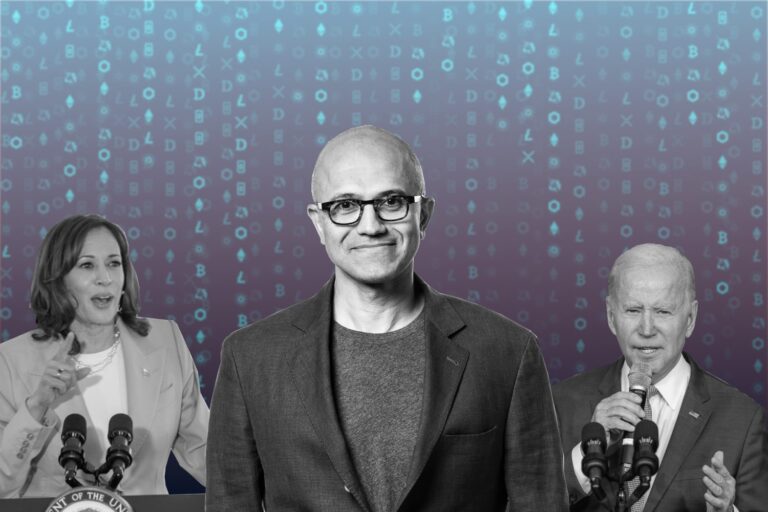From Davos Dialogues to Ruling the World – Who Drives the World Economic Forum
The World Economic Forum, often abbreviated as WEF, stands as a preeminent global organization that has long served as a crucible for the world’s most influential leaders, policymakers, and visionaries.
Since its inception in 1971, the WEF has been at the forefront of addressing pressing global challenges, fostering dialogue, and cultivating collaborations that transcend borders and industries.
Perhaps most renowned for its annual meeting in the picturesque Swiss town of Davos, the WEF brings together an array of luminaries, including heads of state, corporate titans, academics, and activists, to deliberate on the world’s most critical economic and societal issues.
However, its exalted status is not without controversy, as it has faced criticism for its exclusivity and perceptions of catering to the interests of the global elite.
The World Economic Forum (WEF): A Visionary Response to a Changing World
The genesis of the World Economic Forum in 1971 was a response to a world in flux. At the time, the global economy was grappling with the aftermath of the Bretton Woods system’s collapse, the oil crisis, and a shifting geopolitical landscape.
Klaus Schwab, a visionary economist, recognized that the world needed a new type of platform, one that could transcend political boundaries and sectoral interests to tackle these complex issues.
Klaus Schwab’s motivation went beyond merely hosting conferences; he sought to establish a hub for true multi-stakeholder collaboration. The WEF’s status as a non-profit organization underscored its commitment to public service rather than profit generation.
Schwab’s vision was rooted in the belief that meaningful progress could only be achieved by convening leaders from government, business, academia, and civil society, enabling them to engage in candid, solution-oriented discussions.
The inaugural meeting held in 1971 in the Swiss village of Davos was a modest affair compared to the grand gatherings the WEF would later host. Nevertheless, it laid the foundation for what would become an annual congregation of the world’s most influential figures.
The ethos of these early meetings was characterized by an open and candid exchange of ideas, with topics ranging from macroeconomic policy to corporate strategies.
Over the years, the WEF expanded its influence and activities, earning a reputation as the “foremost creative force for engaging leaders in collaborative activities focused on shaping the global, regional, and industry agendas.”
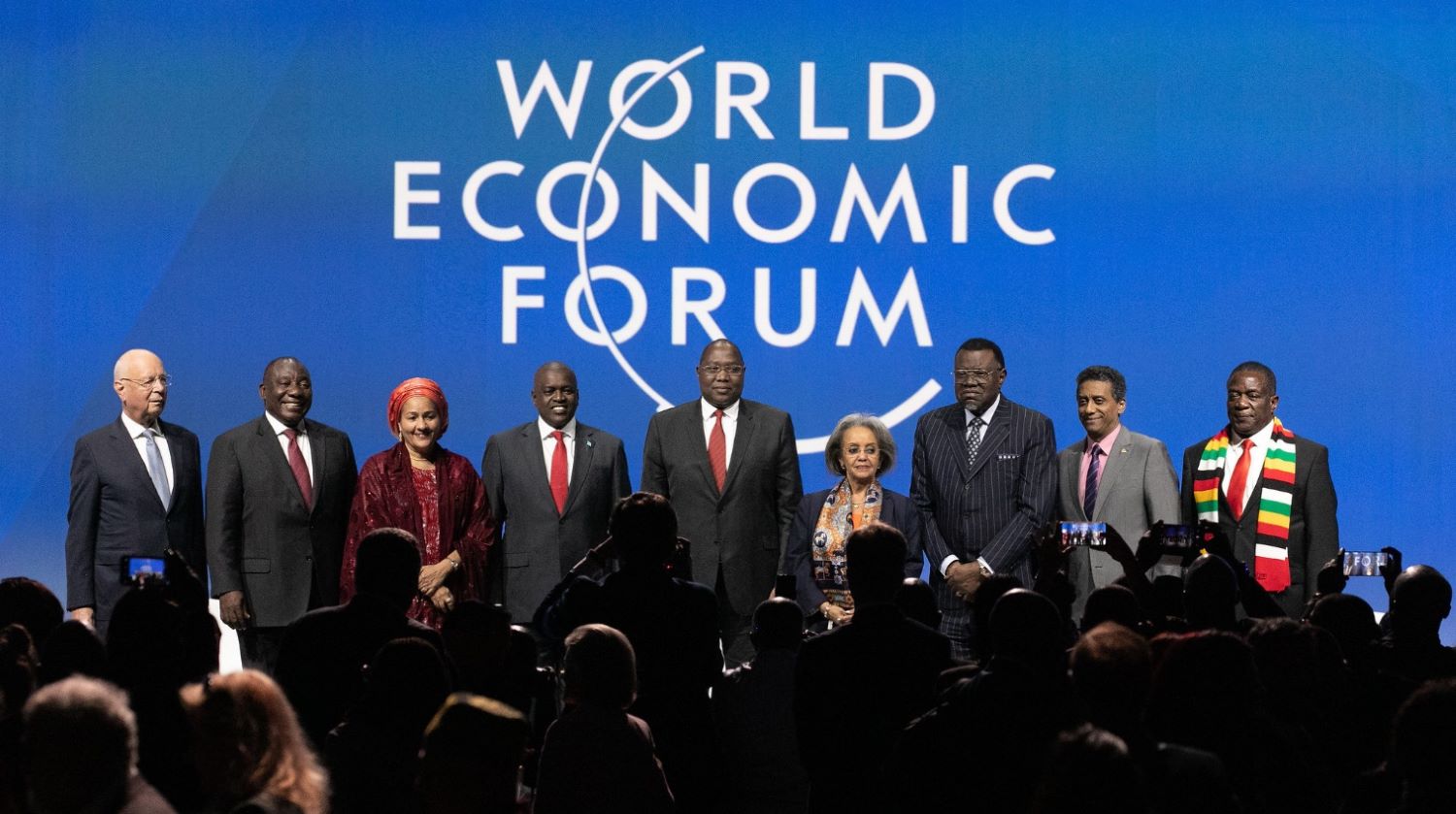
Schwab’s commitment to public-private cooperation was mirrored in the WEF’s various initiatives and partnerships, which sought to address complex global challenges and explore innovative solutions.
The annual meetings of the WEF in Davos, Switzerland, are unparalleled in their significance as a global confluence of leaders and deep discussions on pressing global challenges.
These gatherings have evolved into a multifaceted platform, drawing participants from the highest echelons of political, corporate, academic, and civil society realms.
The diversity of the attendees is striking. Political figures, including heads of state and government, grace these meetings, bringing their vision for their nations and the world.
Simultaneously, top executives of multinational corporations contribute their strategic acumen, financial resources, and global reach to the discussions. Renowned academics, with their research-driven insights, introduce intellectual rigor and depth to the discourse.
Activists and representatives from civil society organizations ensure that the human aspect of global challenges remains at the forefront.
The agenda of these meetings is meticulously designed to address the multifaceted nature of global challenges. Climate change, an existential threat of our era, is a recurring and paramount theme. Discussions focus on strategies for climate mitigation, sustainable practices, and the imperative of international cooperation to combat this global crisis.
Navigating the Depths of Economic Inequality: Insights from WEF Deliberations
The World Economic Forum (WEF) annually serves as a crucible for confronting the intricate challenges of global economic inequality, plunging into the heart of disparities in wealth distribution, income gaps, and the complex interplay of unchecked capitalism and technological evolution.
The stark statistics presented at these meetings, revealing that the top 1% owns over a third of private wealth and the richest 10% commandeer more than half of total income, underscore the urgency of addressing systemic imbalances.
The WEF’s nuanced discussions extend beyond surface-level analyses, delving into the intricacies of the global income landscape.
Despite marginal improvements in certain ratios, the fundamental issue persists: the bottom 50% of the global population collectively shares a mere 8% of total income.
The WEF does not merely highlight these disparities; it meticulously dissects the root causes, attributing economic inequality to unchecked capitalism, disruptive technological shifts, exorbitant executive pay, and the ramifications of intensive financial globalization.
Moreover, the WEF conversations explore the profound impact of technological advancements, including artificial intelligence and digital transformation, not only as catalysts for economic growth but also as potential sources of increased inequality and ethical quandaries.
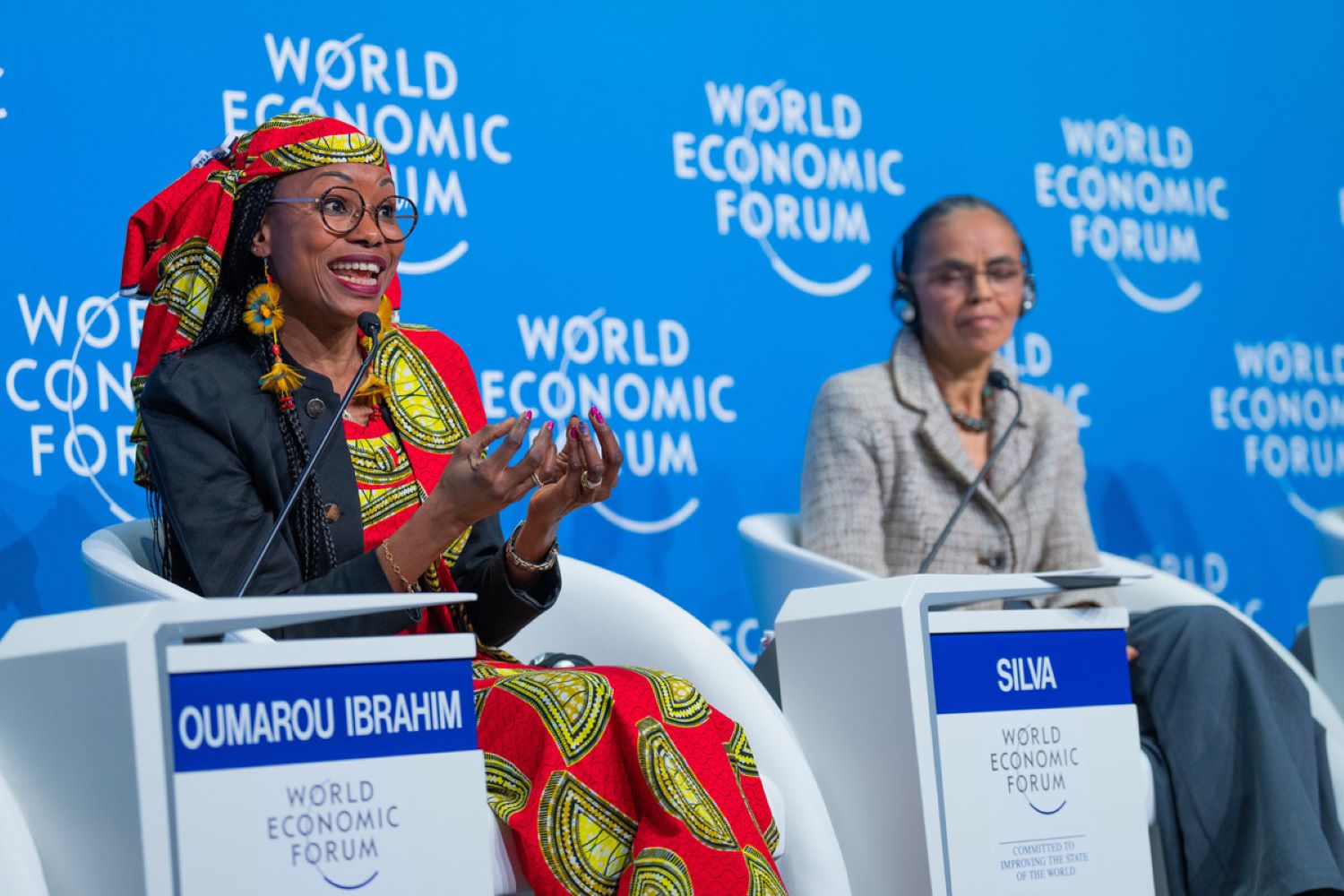
These discussions transcend the conventional analysis of opportunities and risks, diving into the ethical considerations that underpin the intersection of technology and economic structures.
What sets the WEF meetings apart is not just the depth of analysis but the transformative ripple effect they induce. These gatherings represent more than a collective intellectual endeavor; they serve as an epicenter of global influence and transformation.
The ideas and solutions forged within the confines of these meetings permeate the corridors of global policy, corporate boardrooms, and civil society initiatives, shaping the trajectory of a more inclusive and equitable global future.
Leaders leaving Davos don’t merely depart with newfound insights; they carry with them connections and partnerships that possess the potential for far-reaching consequences.
The WEF’s commitment to addressing economic inequality is not a superficial acknowledgment but an immersive exploration of the complexities inherent in reshaping the global economic narrative. The WEF’s legacy lies not just in acknowledging disparities but in catalyzing the collective will to forge a more just and equitable global economic order.
Unveiling the Shadows: Corporate Tax Evasion Within the World Economic Forum (WEF) Sphere
A recent report has cast a stark light on a disconcerting reality: a multitude of companies operating within the esteemed World Economic Forum (WEF) are allegedly engaging in tax evasion practices through the utilization of tax haven accounts.
Tax evasion, deemed illegal, involves the deliberate concealment of income or information from tax authorities and encompasses various illicit maneuvers.
The reported methods of tax evasion within these companies are diverse and cunning, including not reporting or under-reporting income, keeping business transactions off the official records, stashing funds in offshore bank accounts, misreporting personal expenses as tax-deductible business expenses, declaring less income than earned, and overstating deductions.
Such practices, if proven, can have severe consequences, ranging from financial penalties to criminal convictions and even imprisonment.
In response to the global magnitude of this issue, a significant development occurred in October 2021.
A staggering 136 countries came together to sign an agreement orchestrated by the Organisation for Economic Co-operation and Development (OECD) on international tax reform.
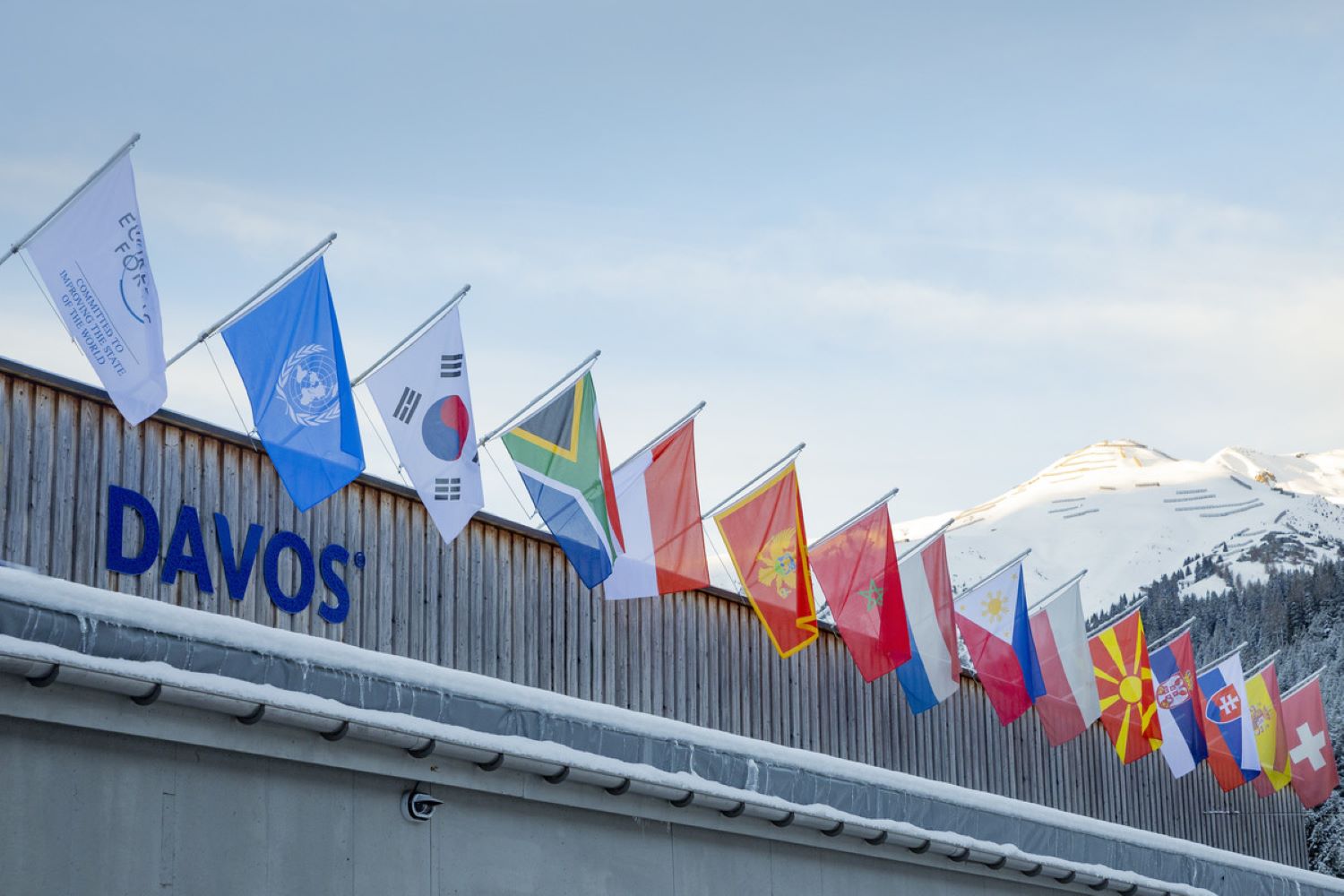
This landmark agreement strives to establish a framework wherein multinational corporations are compelled to contribute their fair share of taxes. The overarching goal is to empower countries to thwart both corporate tax avoidance and evasion, fostering a more equitable and transparent global financial landscape.
The implications of tax evasion extend far beyond the immediate financial realm. They touch upon the ethical fabric of corporate conduct, accountability, and the relationship between global entities and the societies in which they operate.
As revelations unfold and international efforts intensify, the call for responsible and transparent financial practices within the global business community becomes increasingly urgent.
The WEF, as a forum for impactful dialogue and collaboration, may find itself at the forefront of discussions aimed at addressing and rectifying these illicit practices, fostering an environment where economic growth aligns harmoniously with ethical and legal standards.
China’s Belt and Road Initiative: A Complex Geopolitical Landscape and Emerging Challenges
In the current geopolitical landscape, China’s Belt and Road Initiative (BRI) stands as a transformative force, reshaping global infrastructure and economic dynamics.
Launched in 2013 by President Xi Jinping, the BRI was initially conceived to connect East Asia and Europe physically.
However, its scope has expanded significantly to include regions across Africa, Oceania, and Latin America, fundamentally altering the geopolitical map and amplifying China’s economic and political influence.
The International Monetary Fund (IMF) and the World Economic Forum (WEF) closely scrutinize these developments, recognizing their potential to impact the global economic order.
This ambitious project has not been without controversy. Analysts express concerns about China’s growing power and the rising costs associated with BRI projects, leading to opposition in multiple countries.
The United States, along with certain Asian nations, remains wary, fearing the BRI might serve as a Trojan horse for China-led regional development and military expansion.
President Joe Biden, continuing a skeptical stance toward Beijing, grapples with presenting an alternative that resonates with participating governments, particularly in the economic realm.
The historical context of the Silk Road, a network of trade routes fostering economic prosperity and cultural exchange between East Asia and Europe, adds a layer of significance to China’s modern Silk Road vision.
Introduced by President Xi in 2013, this vision encompasses the Silk Road Economic Belt and the Maritime Silk Road, aiming to create an extensive network of railways, pipelines, highways, border crossings, and ports.
This infrastructural development is not merely physical; it includes the establishment of special economic zones and the promotion of advanced Chinese technologies, exemplified by Huawei’s 5G network.
Simultaneously, recent revelations regarding Chinese espionage activities in Africa shed light on a complex facet of China’s global engagement.
The hacking of security camera footage from the African Union headquarters in Ethiopia reveals an alarming level of surveillance and potential espionage, raising questions about Beijing’s objectives and strategies on the resource-rich continent.
These activities are part of a broader pattern, involving Chinese state-owned companies, mandated to cooperate with the Chinese Communist Party on intelligence matters.
Huawei, a major tech giant, plays a significant role in building Africa’s 4G networks and intra-governmental ICT networks, providing ample surveillance opportunities.
The implications of China’s surveillance activities in Africa extend beyond mere eavesdropping. They serve multifaceted purposes, including economic gains for China and the leverage of gathered information for geopolitical influence.
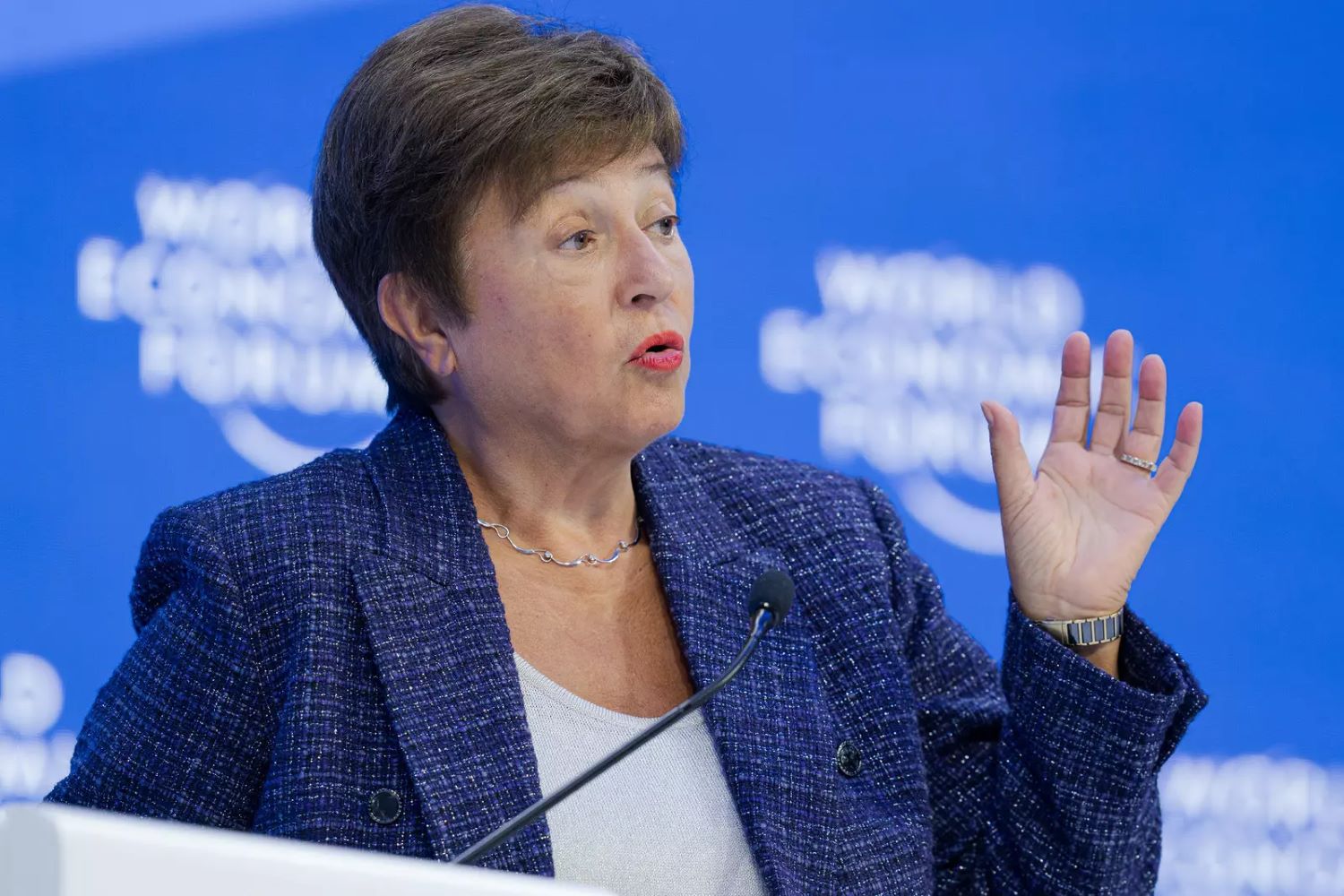
As China becomes more assertive on the global stage, the intelligence gathered in Africa becomes crucial for swaying African leaders to support Beijing’s international agenda.
Recent revelations about Chinese influence campaigns abroad underscore the dedication to shaping foreign leaders’ decisions, going beyond routine diplomacy.
To counter China’s expanding surveillance and influence operations in Africa, the United States faces the imperative of adopting a comprehensive and forward-looking strategy.
This strategy must encompass measures to limit China’s surveillance access and ensure a fair, transparent, and equitable balance of influence in the region. The complexity of these geopolitical dynamics requires nuanced approaches that acknowledge the interconnectedness of economic, technological, and geopolitical factors in the evolving landscape shaped by the BRI.

